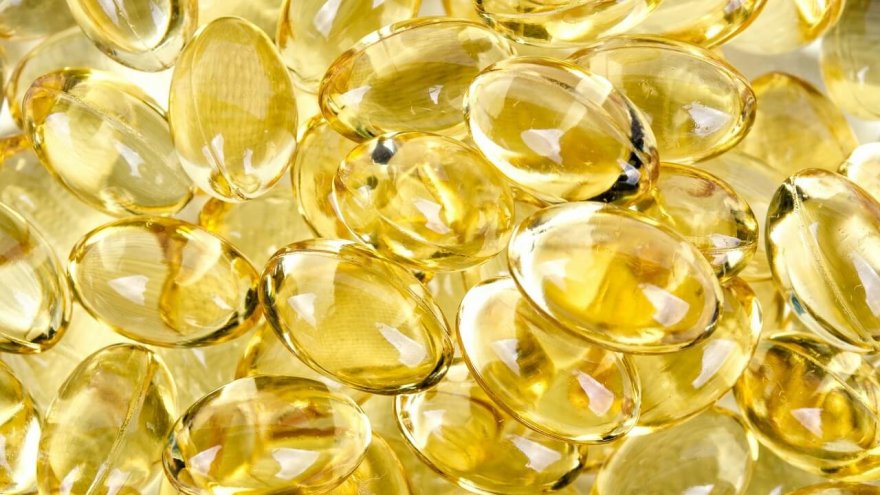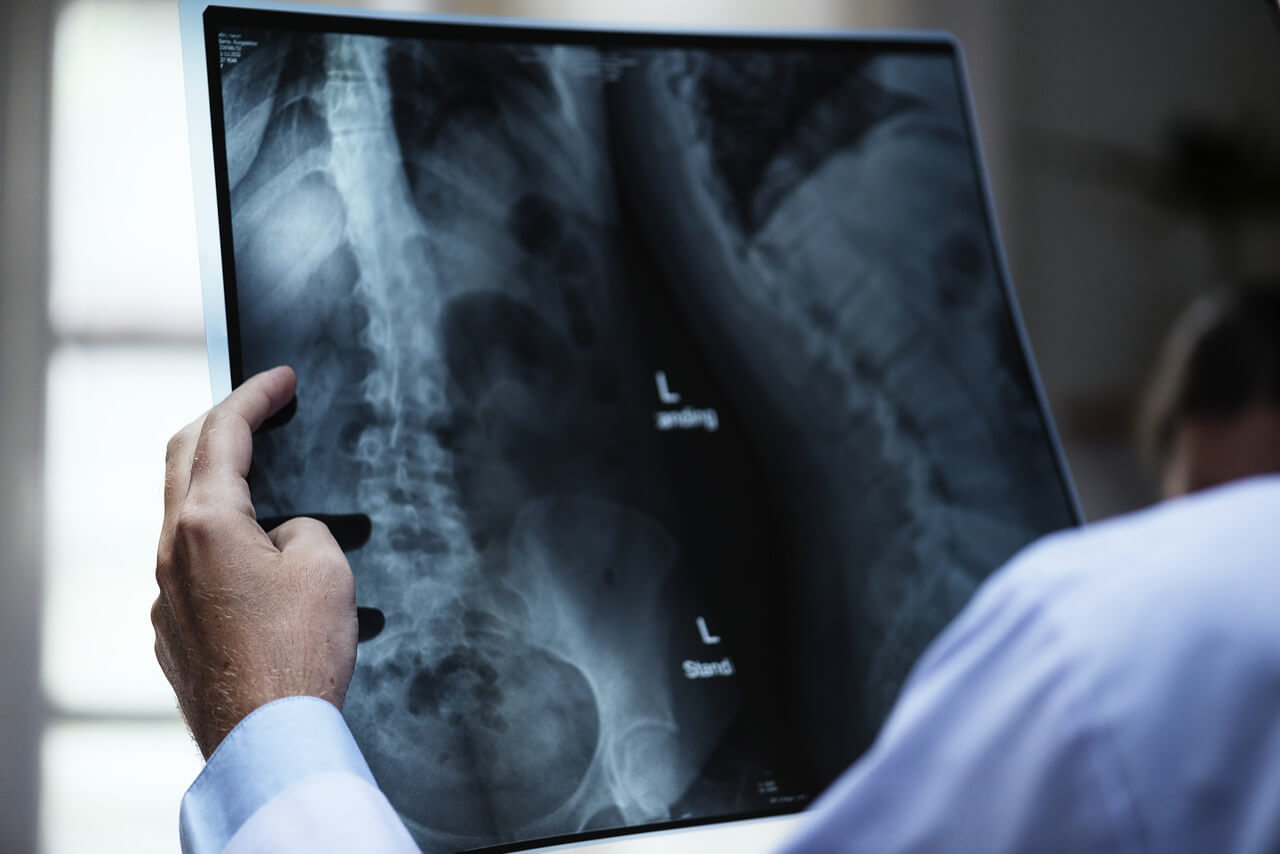Could You Be Lacking in Vitamin D?

When it comes to your health it seems like there is always something that you need to keep up with. From your blood pressure to your cholesterol, to your body mass index there are all kinds of numbers you need to know. Staying healthy can seem like a full-time job especially as we age. The truth is that some things are more important than others and you can usually tell what is important by what your doctor checks for in your annual physical. One of those things physicians look at is Vitamin D levels.
Over the past few years, Vitamin D has gotten attention as medical professionals realized its increasing importance. The levels of Vitamin D considered healthy has been increased which has magnified the visibility of the need for Vitamin D in adults. Could you be lacking in Vitamin D?

What is Vitamin D?
Vitamin D functions much more like a hormone than a vitamin in your body. Every single cell in your body needs vitamin D and basically has antennae for it. Your body can make vitamin D on its own from cholesterol when your skin is exposed to the sun and its light. One of vitamin D’s crucial roles in the body is keeping your immune system alive and kicking so you’re able to fight off the germs that cause you to be sick; the hormone-like vitamin guides the cells that are responsible for fighting infection to fight. It can also be found in food like fish and fortified dairy products but is very difficult to get your needed daily amount from diet alone especially for those who don’t drink milk. Along with infection-fighting talents, vitamin D is needed for your body’s proper absorption of calcium.
Why Do Runner’s Need It?
When training, studies show vitamin D may provide significant performance benefits to runners. It is pivotal in the processing and firing of the enzymes used to stimulate the muscle. It is also necessary for nerve stimulation and reaction. Along with keeping the body’s immune system working like a well-oiled machine, vitamin D impedes and blocks proteins that trigger inflammatory responses related to long-lasting inflammatory diseases like asthma, arthritis or even sinusitis.
Directly related to adolescents, those with good healthy levels of vitamin D can jump higher, more quickly and with greater power. Research also shows low or lower levels of vitamin D can increase the risk of injuries for runners, including stress fractures since vitamin D plays such a pivotal role in bone health.

How Can You Tell if You are Low?
Since vitamin D deficiency signs are slight and subtle, indications that you are low or deficient is often blamed on a variety of other ailments from just being tired to “getting older”. One of the most common symptoms is an increased risk of getting sick. While you don’t know that your risk has increased you can take note of how often you seem to be getting sick or catching what’s going around. And, if you could get any more general in a description of a symptom, extreme fatigue or being constantly exhausted can be an indicator of a vitamin D deficiency. Obviously, if you can pinpoint another symptom of deficiencies or have ruled out other possibilities (like pregnancy, Lyme disease or Mono) you might want to get your blood checked. While related to many other diseases and stress, severe loss of hair has also been shown as a result of a nutrient deficiency and low vitamin D.

Overall and general bone pain and low back pain are also hard to diagnose signs of vitamin D levels that are not up-to-snuff, which runners would usually chalk it up to being from over-training or just normal post-run stiffness. Those with low vitamin d can be more prone to having bone pain. The common locations for this pain are the ribs, legs or joints which can be even riskier and painful for runners.
Fall and skin your knee recently? A slow healing wound after a bump or bruise or an injury that just won’t get better might be a sign that your vitamin D levels are not where they need to be. Vitamin D’s role in guiding the fight of infection and controlling inflammation is important for full and through healing. If you are experiencing constant muscle pain (again for runners the differential of sore vs. chronic pain can run a fine line) it may not hurt to pop a vitamin D supplement.

How to Fix a Deficiency
Having low vitamin D is common and most people are unaware of it until they are tested at their annual physical or symptoms become annoying. Since symptoms are non-specific it’s hard to know if the ailments that you are dealing with are caused by low vitamin D levels or another laundry list of health issues. If are concerned you might be low or deficient, it’s time for you to schedule an appointment with your doctor and get your blood drawn and tested. The good news is that a vitamin D deficiency is pretty easy and cheap to fix. You can increase your sun exposure, eat more vitamin D rich foods or pop a supplement. Fixing a deficiency is easy and can benefits you runs and your health.
While it will always seem as though you are chasing your best feeling self, there are certain vitamins, minerals, and numbers you should keep an eye on. Vitamin D is one of them. A great way to ensure that you are always in a proper place is to take a multi-vitamin formulated for your age and gender and ensure you are eating a (mostly) well-balanced diet. It does bear saying, while runners are often a bit sore and a bit tired anything that is chronic and constant should be mentioned to a physician as it could be an indication of something that could be solved as quickly as popping a supplement before your morning run.
Sources
Latest Articles
 Is Running on a Treadmill Easier Than Running Outside?Runners have their own preferences, whether it is treadmill running, running outside on the road, or exploring trails. So...
Is Running on a Treadmill Easier Than Running Outside?Runners have their own preferences, whether it is treadmill running, running outside on the road, or exploring trails. So... Is It OK to Use Trail Running Shoes on the Road?While trail running shoes can be used on roads, especially in situations where a runner encounters mixed terrains or pref...
Is It OK to Use Trail Running Shoes on the Road?While trail running shoes can be used on roads, especially in situations where a runner encounters mixed terrains or pref... How to Fix Sore Quads After Running?Rest, ice, gentle stretching, and over-the-counter pain relievers can help soothe sore quads after running. Also, ensure ...
How to Fix Sore Quads After Running?Rest, ice, gentle stretching, and over-the-counter pain relievers can help soothe sore quads after running. Also, ensure ... 10 Fruits With The Most Electrolytes to Replace Sports DrinksThese fruits are high in electrolytes such as potassium, magnesium, and calcium, essential for hydration, muscle function...
10 Fruits With The Most Electrolytes to Replace Sports DrinksThese fruits are high in electrolytes such as potassium, magnesium, and calcium, essential for hydration, muscle function...

